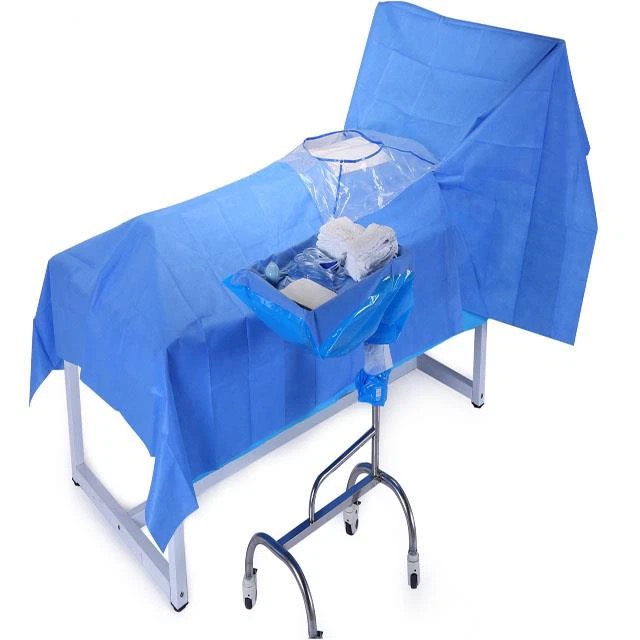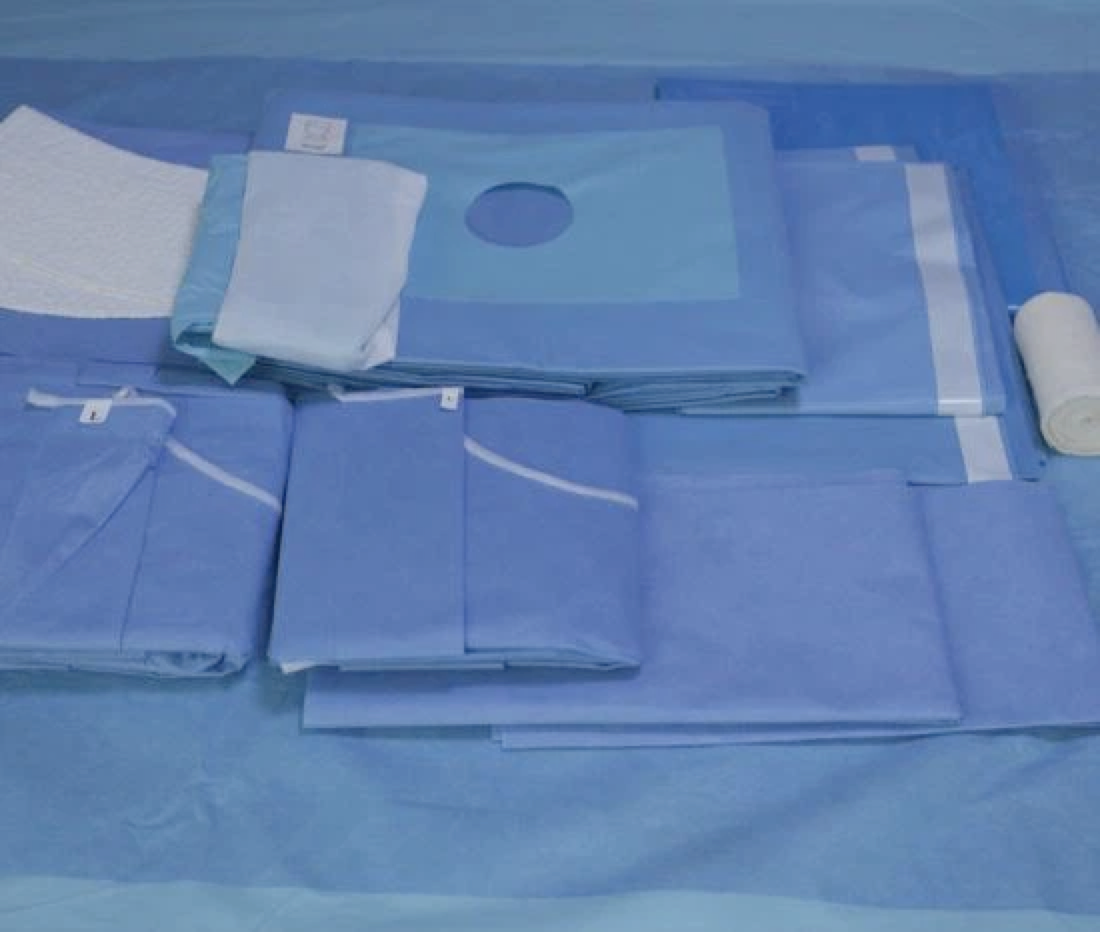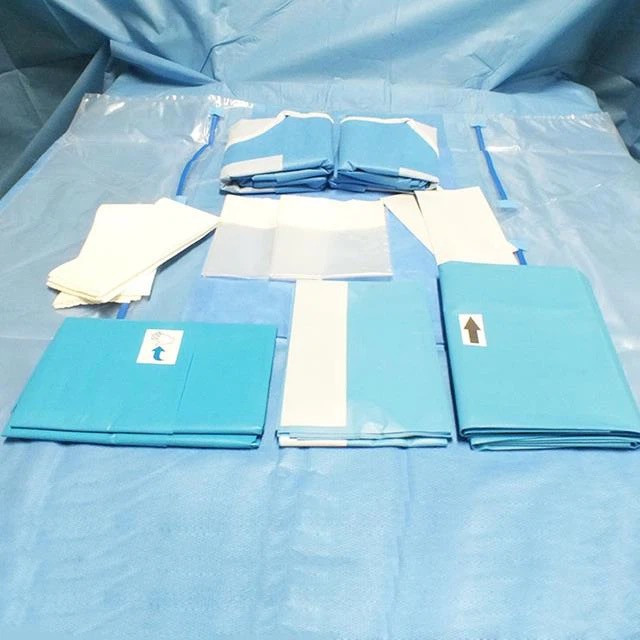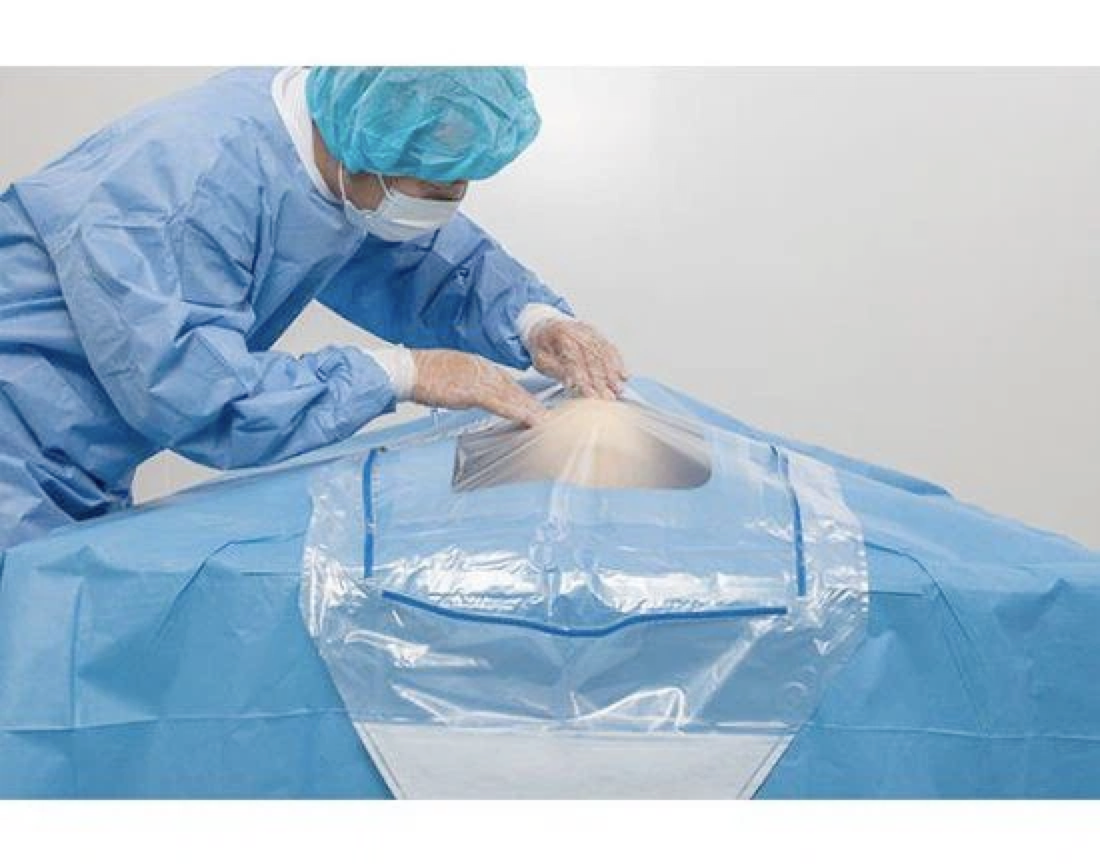At present, most domestic hospital operating theatre nurses have psychological problems such as high psychological pressure, emotional instability and lack of self-regulation ability due to the nature of their work.
I. Psychological pressure
1, the change of the working environment: the operating theatre is a special environment, its work has a high degree of professionalism, technology and complexity, with a high degree of danger. In the process of surgery, surgical instruments and items are in a state of contamination at any time, coupled with poor indoor aseptic conditions in the operating theatre, a variety of pathogenic microorganisms are a serious threat to the patient's health. Surgical nurses not only need to work closely with surgeons, but also need to cooperate with anaesthetists for anaesthesia, blood transfusion, suturing, wound flushing and other tasks. In the high-intensity work, nurses must maintain a high degree of concentration and clear mind, often in a state of tension, highly concentrated.
2, the nature of the work: operating theatre nurses are one of the most skilled nursing careers in the hospital, with the largest workload. Surgery is usually carried out late at night, so nurses have to maintain a high degree of vigilance after work to deal with the unexpected situation that may arise at any time. In the process of surgery often appear patients cardiac arrest, patient injuries, etc., on the psychological quality of nurses put forward high requirements. Especially some difficult, dangerous surgery, nurses need to have a high degree of psychological quality to be competent.
Second, job burnout
Job burnout refers to the symptoms such as boredom, slackness, emotional exhaustion, low sense of achievement, etc. that appear in the process of work of an individual. Operating theatre nurses, due to the special nature of their work, undertake high-intensity, high-risk work tasks, and have greater psychological pressure. In clinical nursing, nurses feel nervous and stressed, and are prone to emotional instability, boredom and other adverse psychological reactions. Studies have shown that burnout is common among operating theatre nurses.
III. Changes in self-consciousness
With the transformation of the modern medical model, operating theatre nurses have changed from mere technical operators to providers of clinical nursing services. Under the traditional nursing model, surgical co-ordination is completed by operating theatre nurses, who have certain technical ability and physical strength, and the quality of surgical co-ordination is generally high. The modern medical model requires nursing staff not only to have a high level of technical skills, but also to have a wealth of humanistic knowledge.
IV. Interpersonal tension
Due to long working hours, the relationship between operating theatre nurses and doctors and nurses is tense, often resulting in mistrust and incomprehension, and even conflicts and contradictions, especially some young nurses, who feel lonely and helpless at work, causing a strong psychological gap. When these negative emotions accumulate to a certain degree they can cause psychological disorders in nurses.





